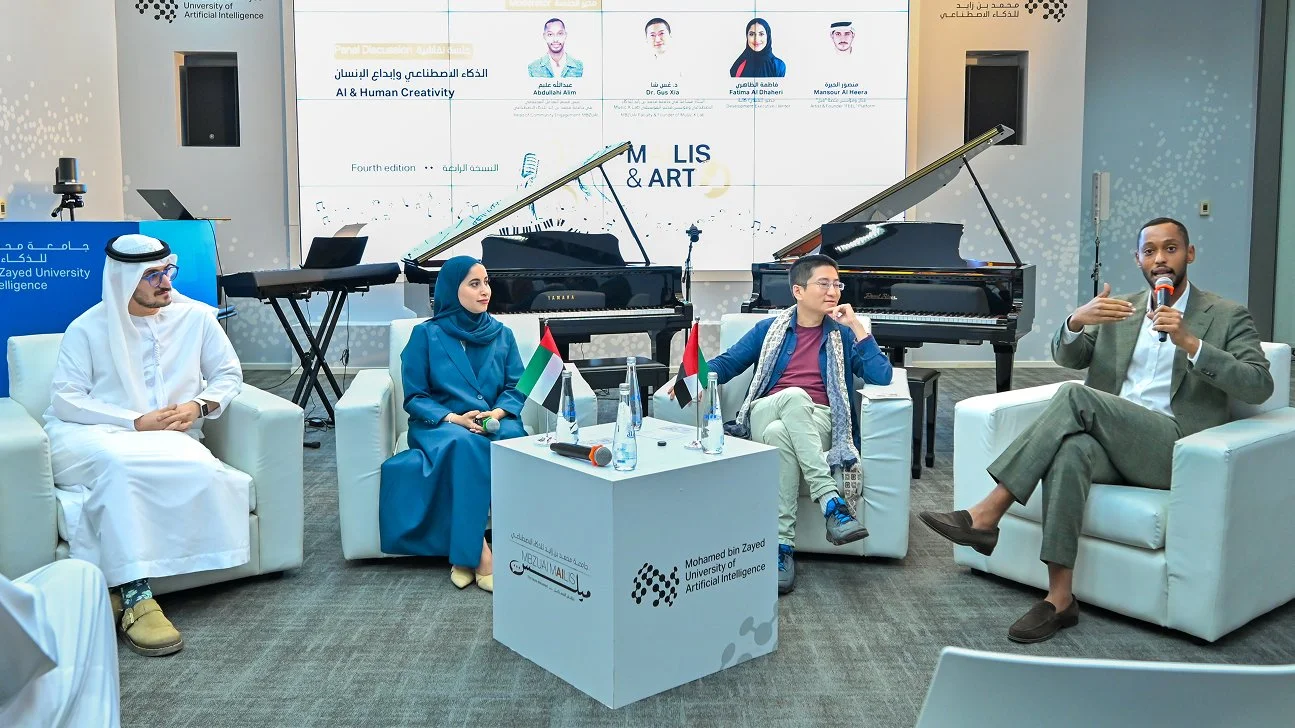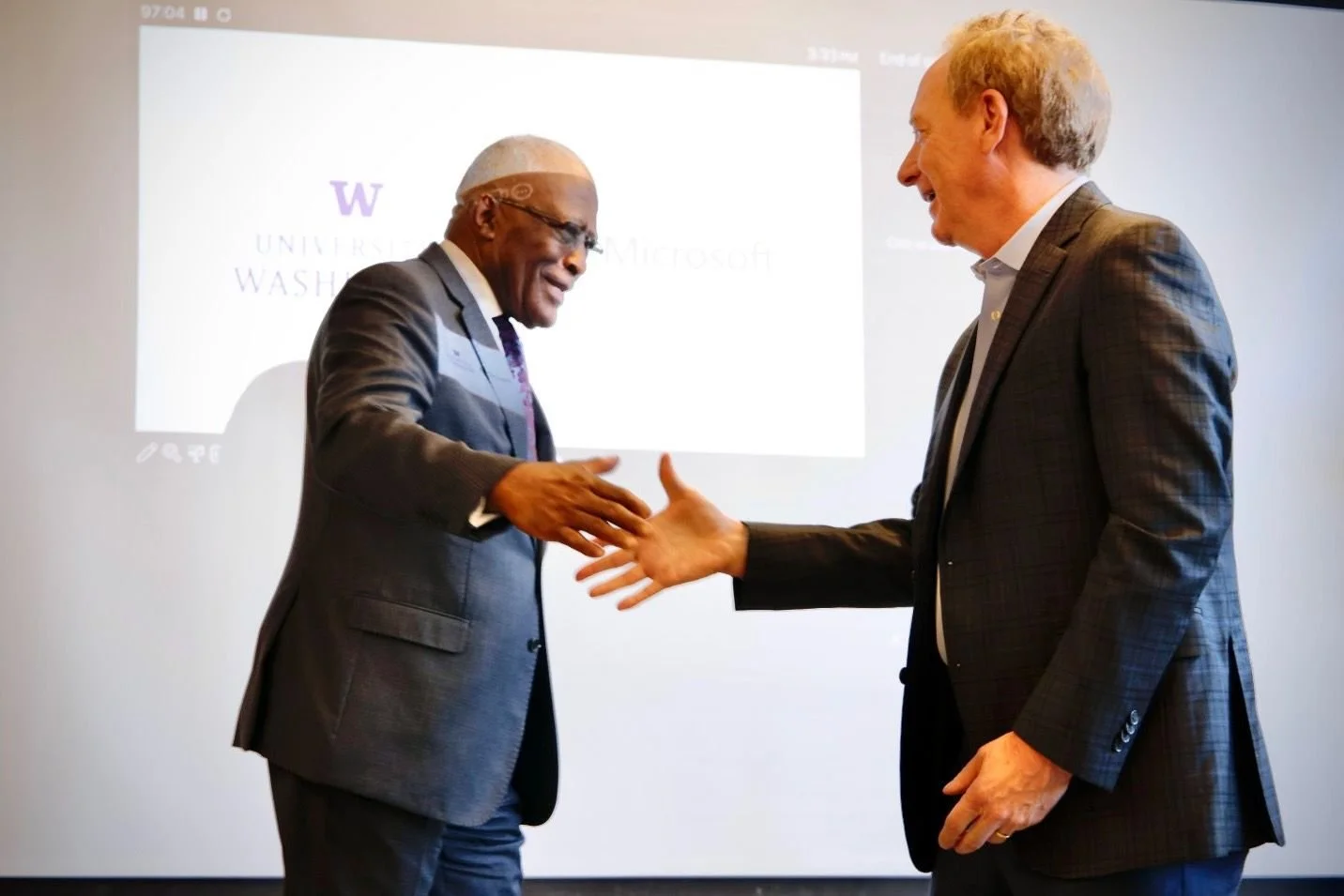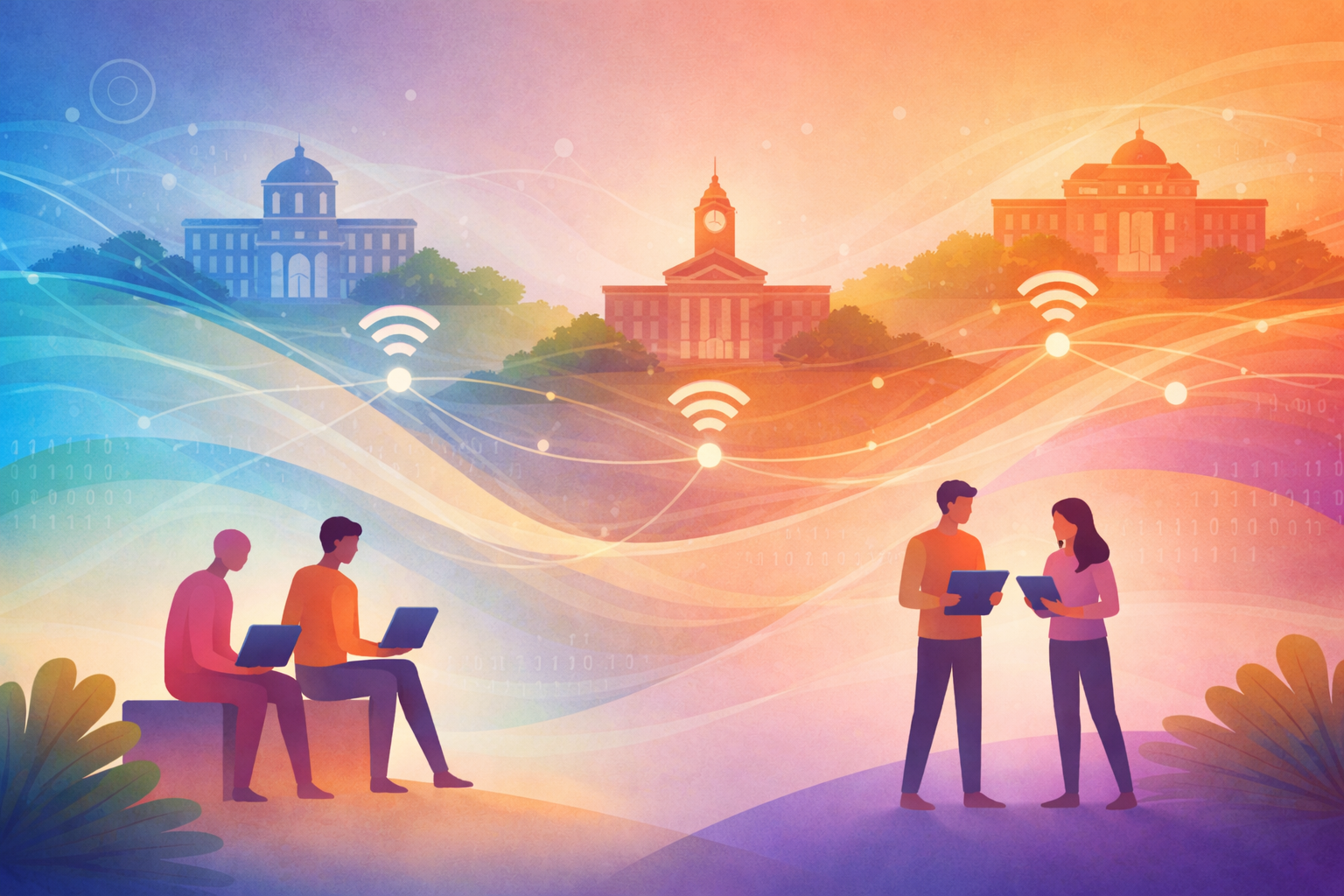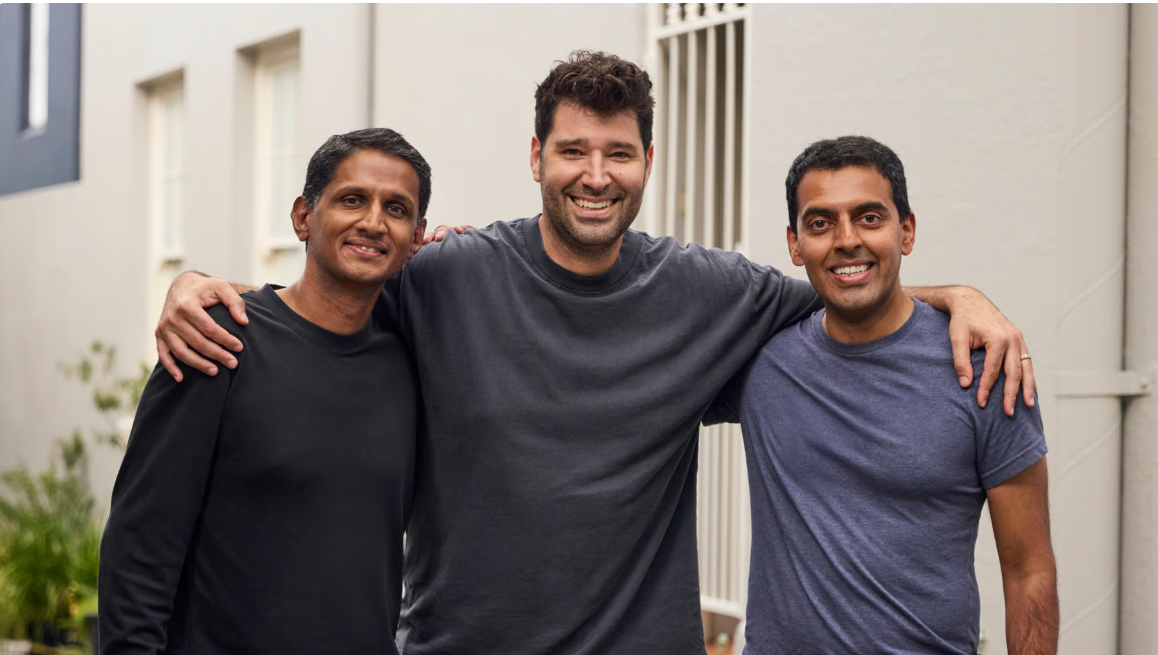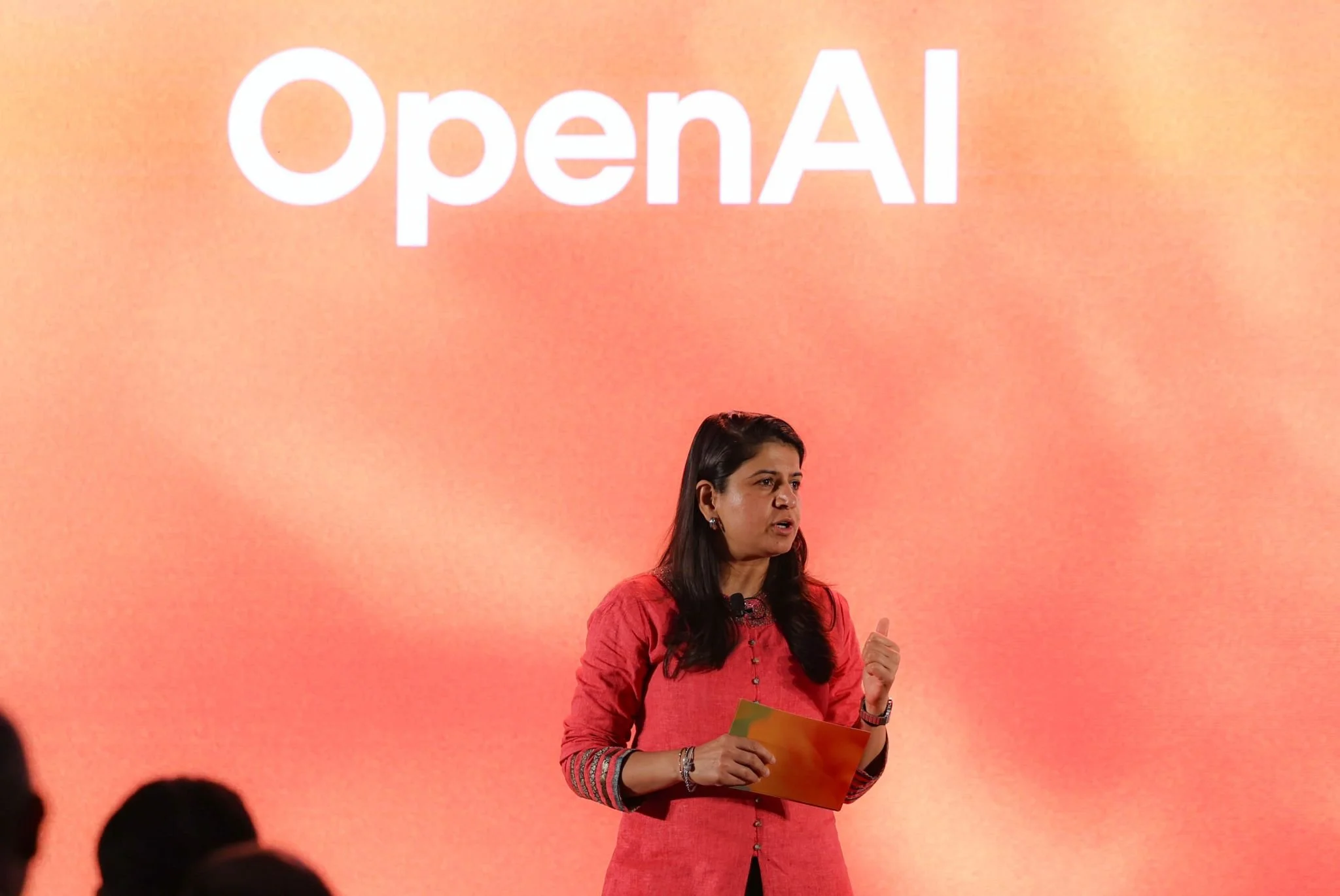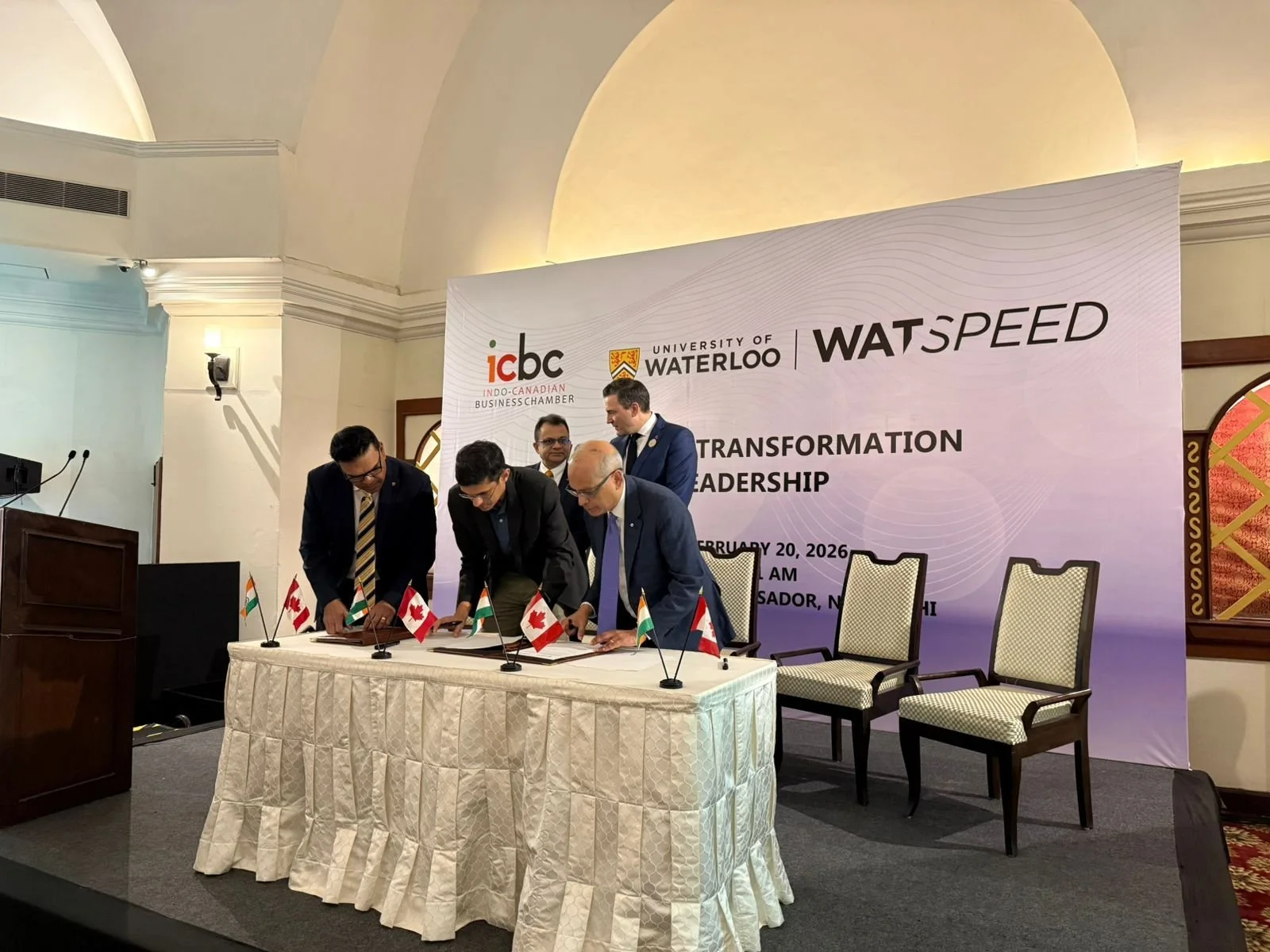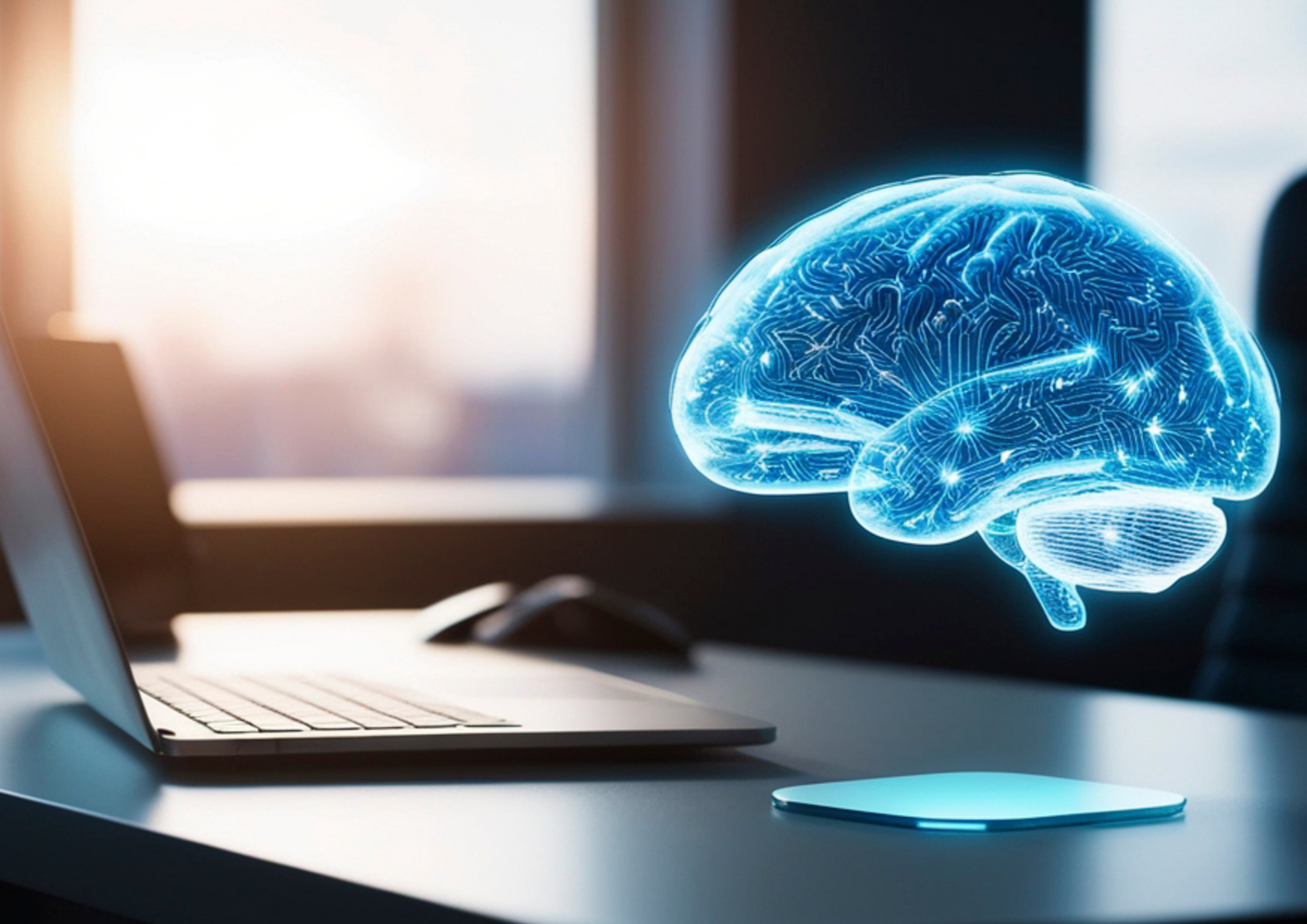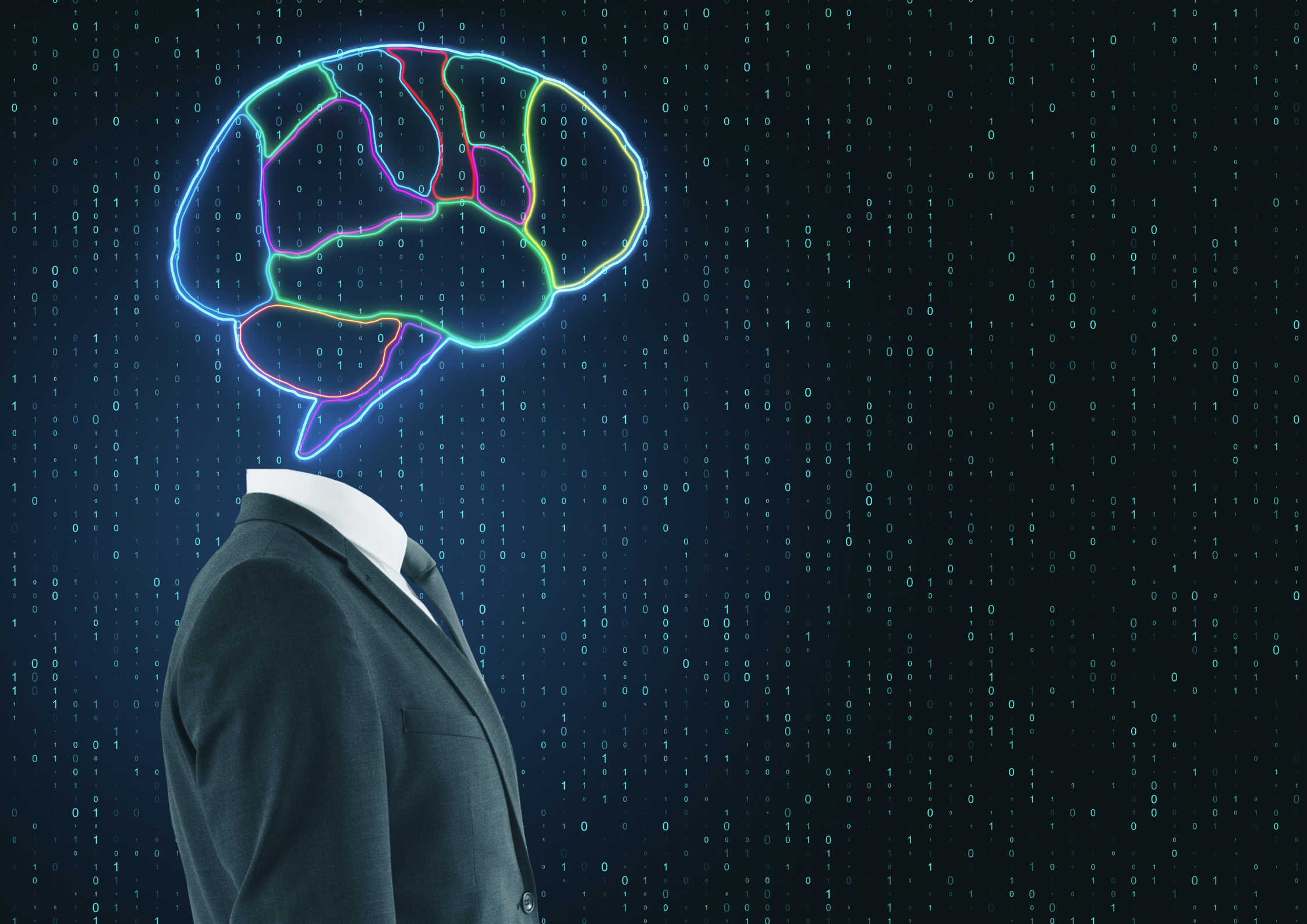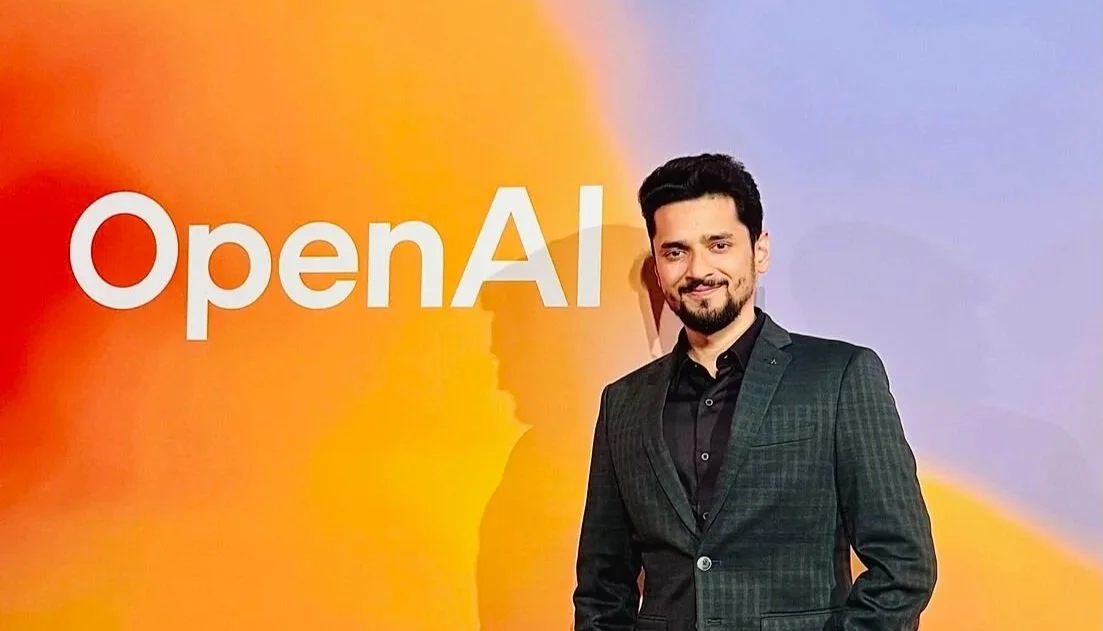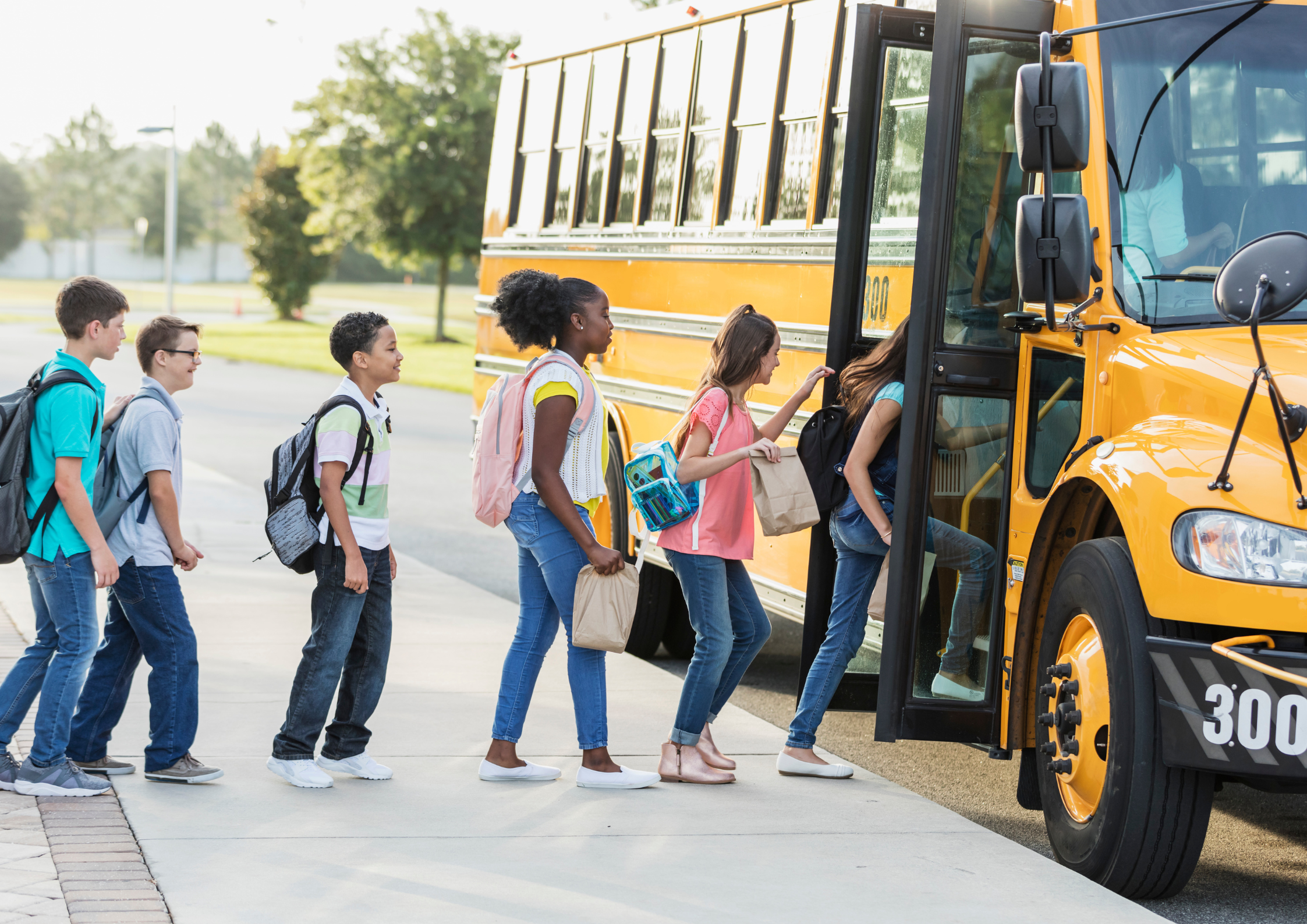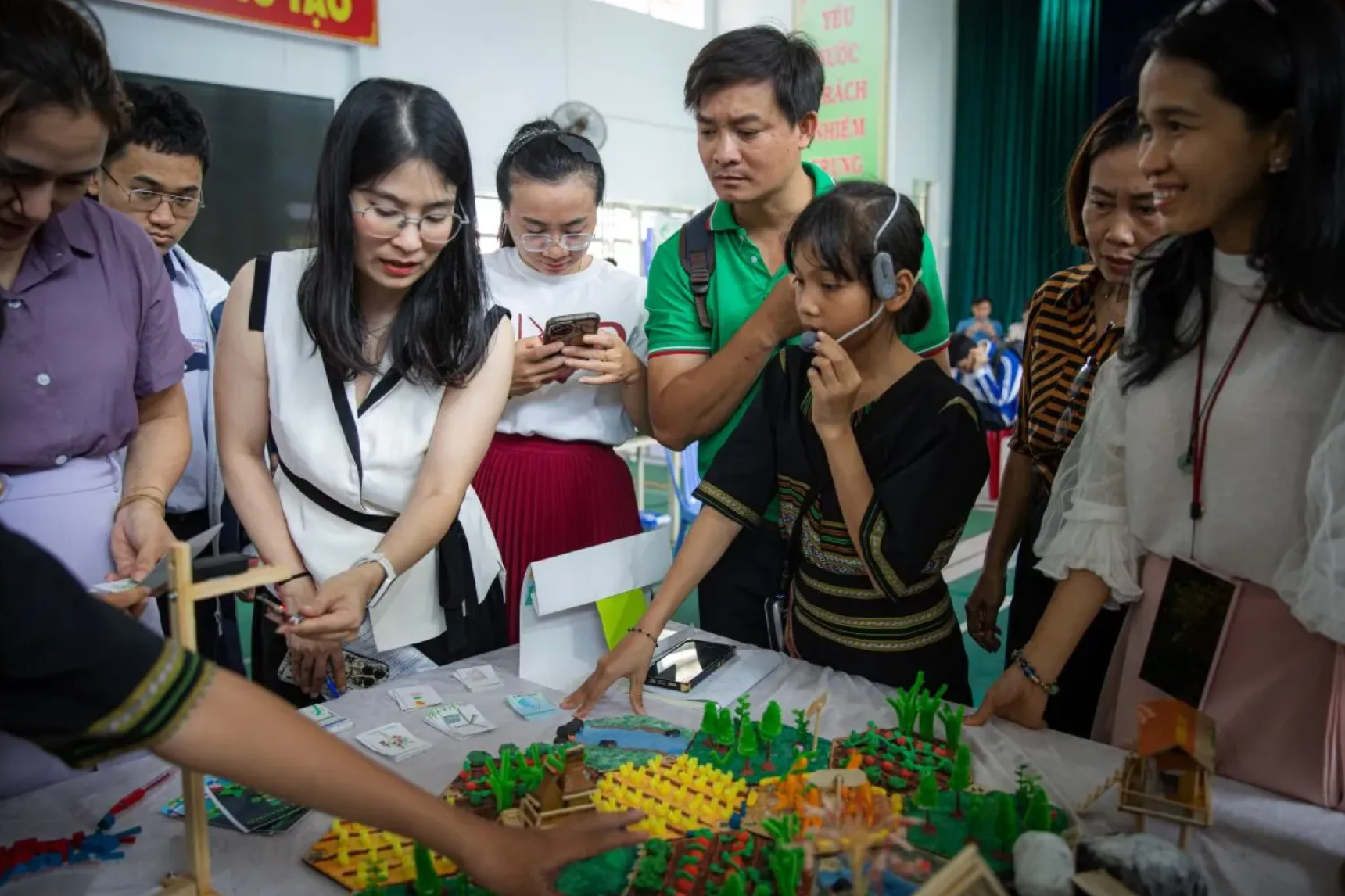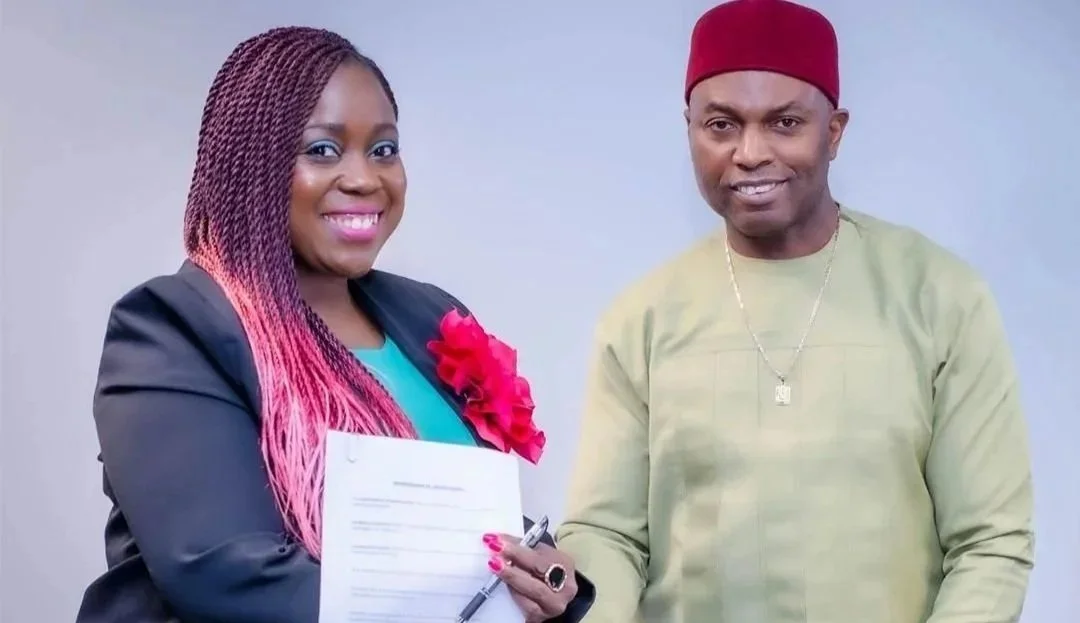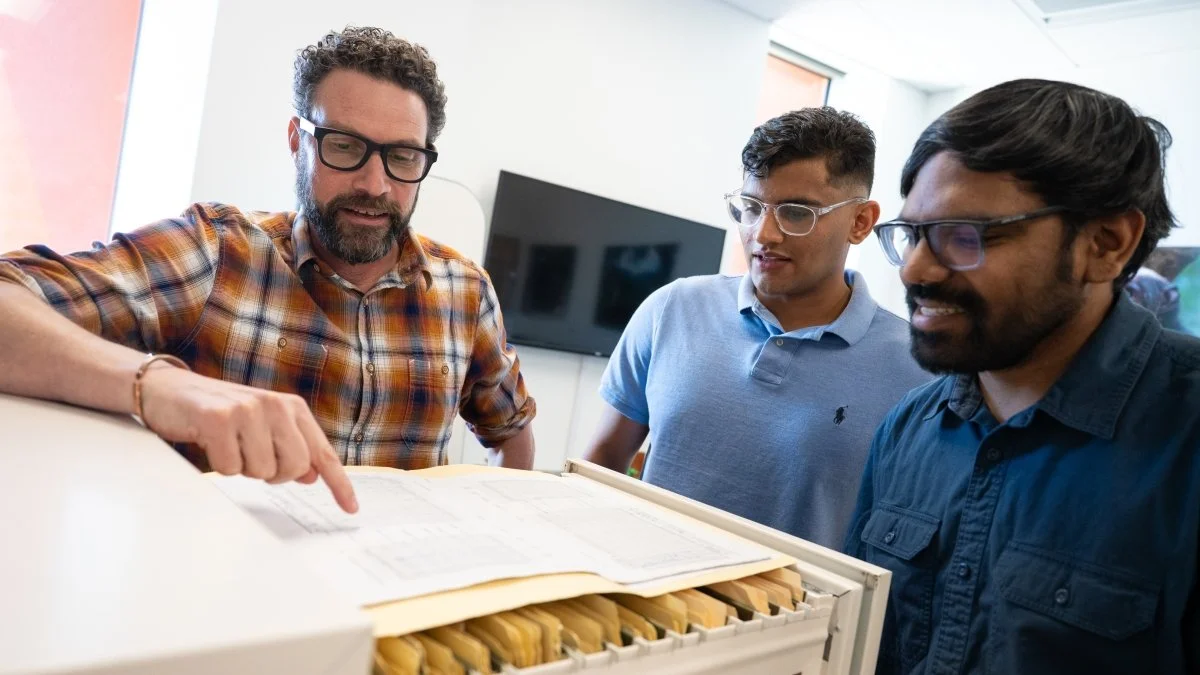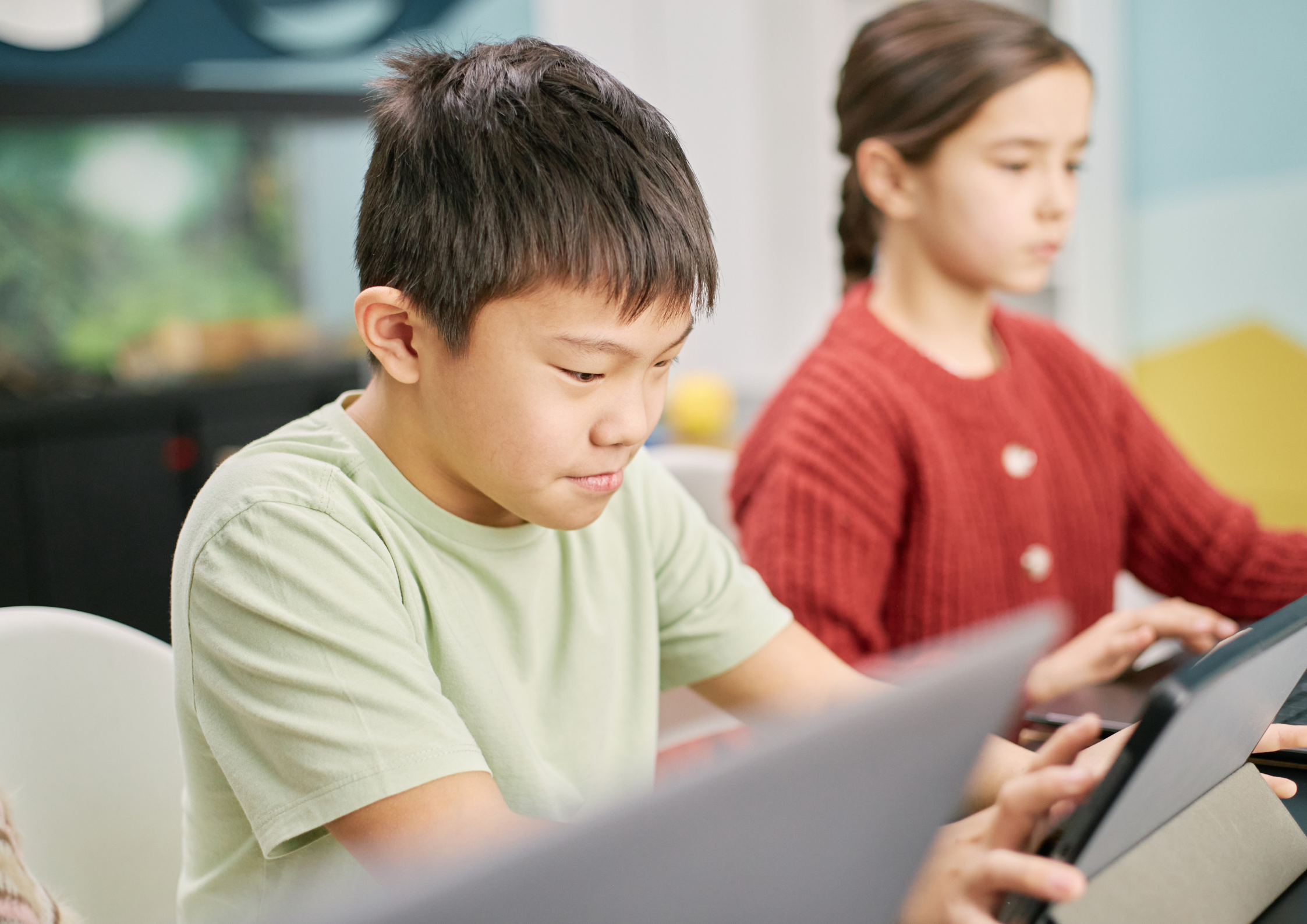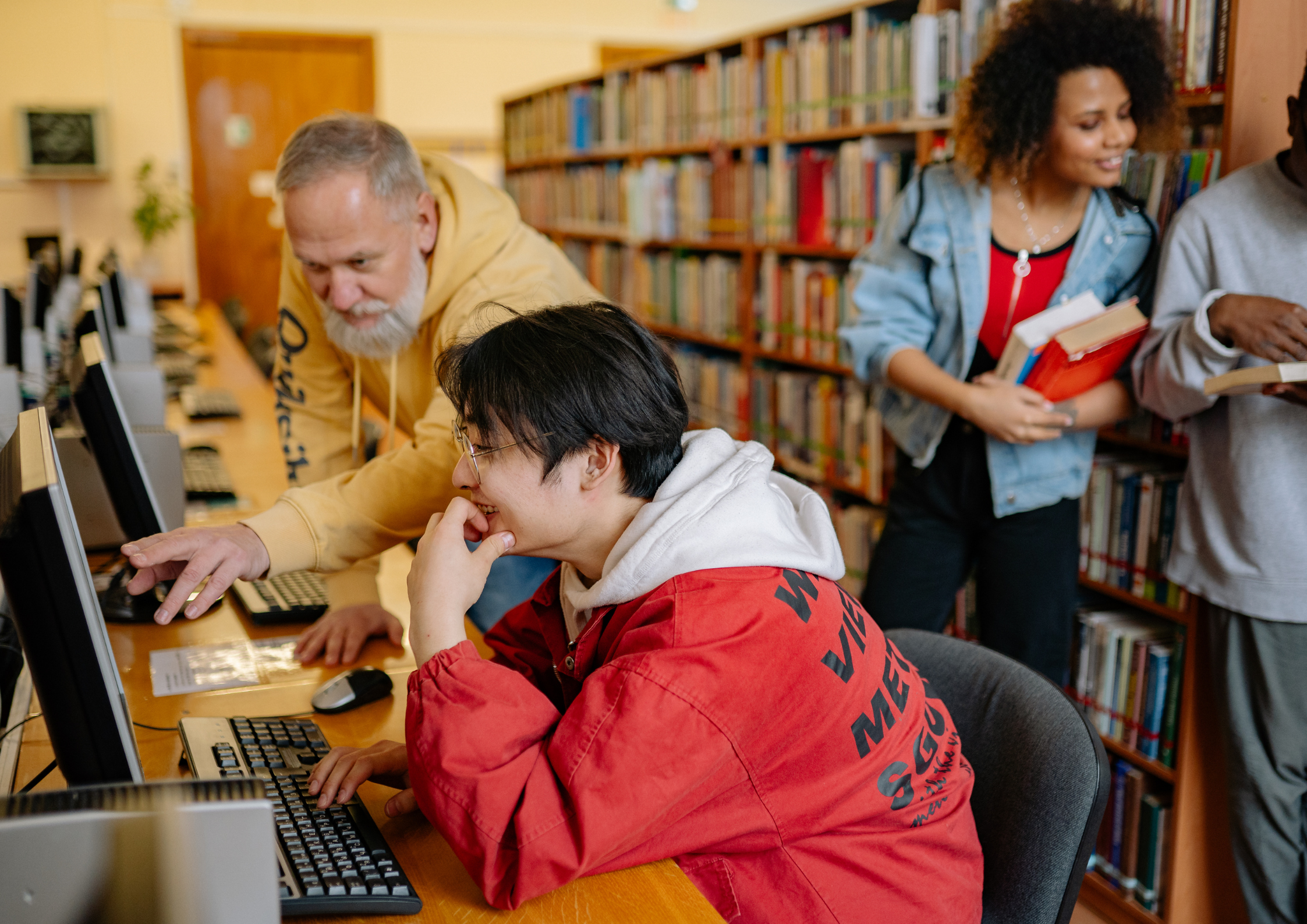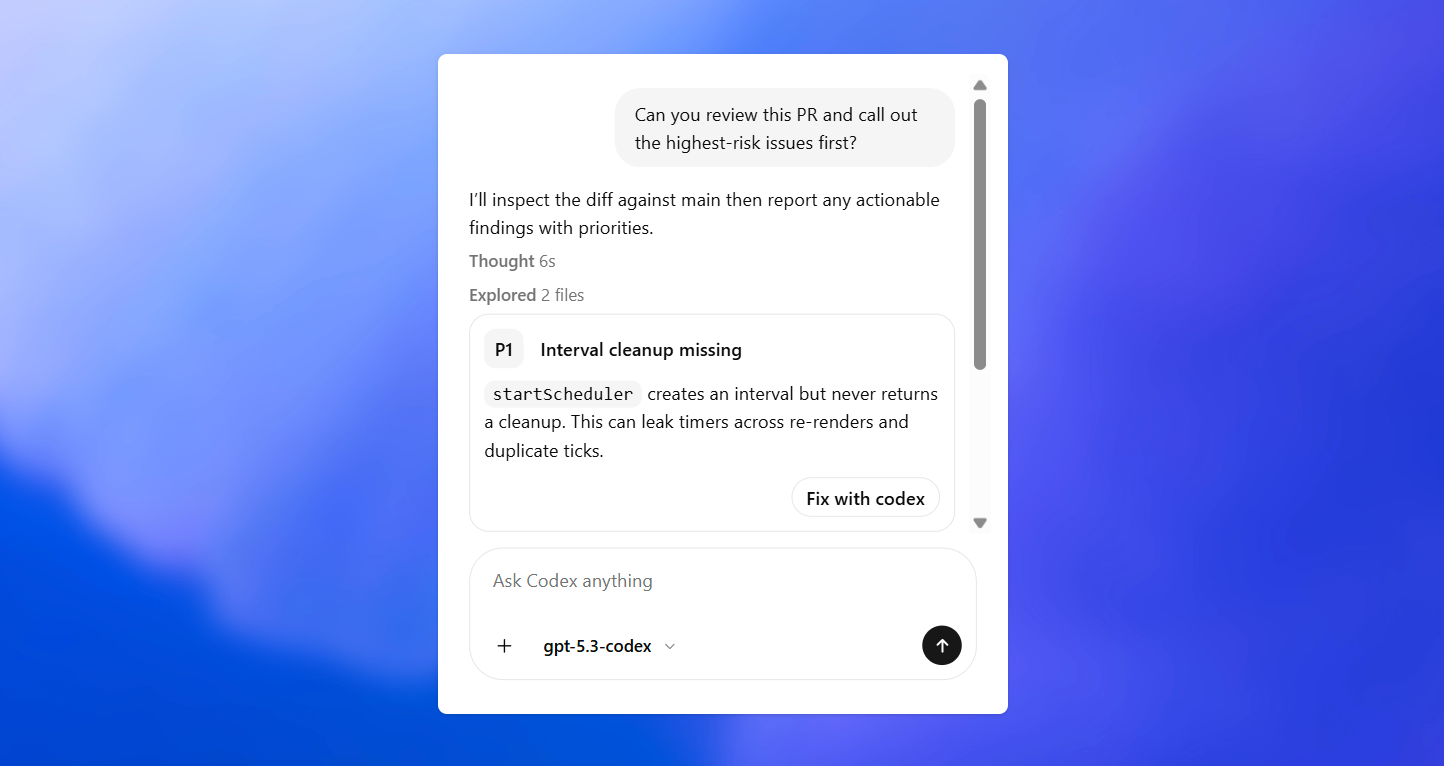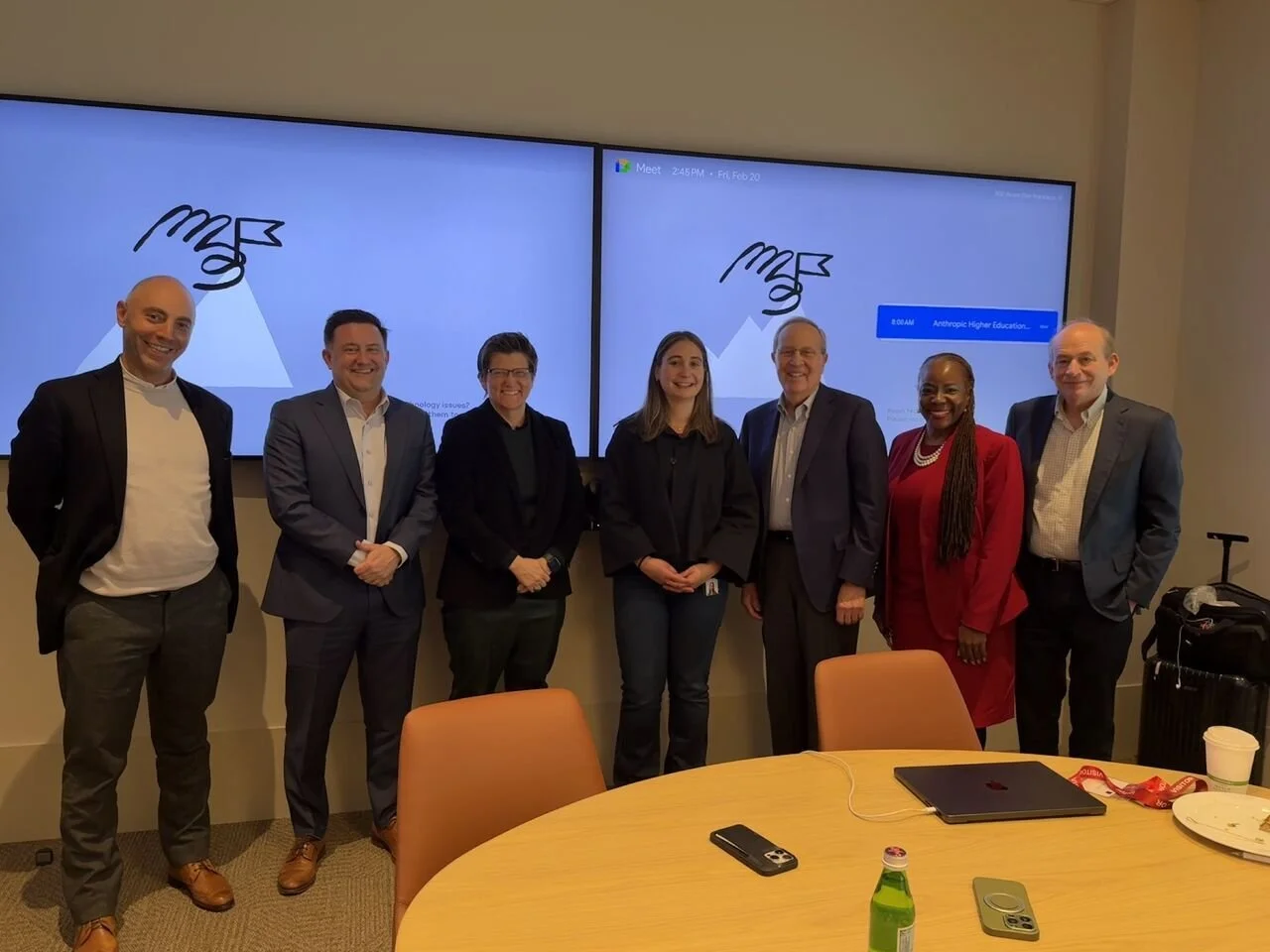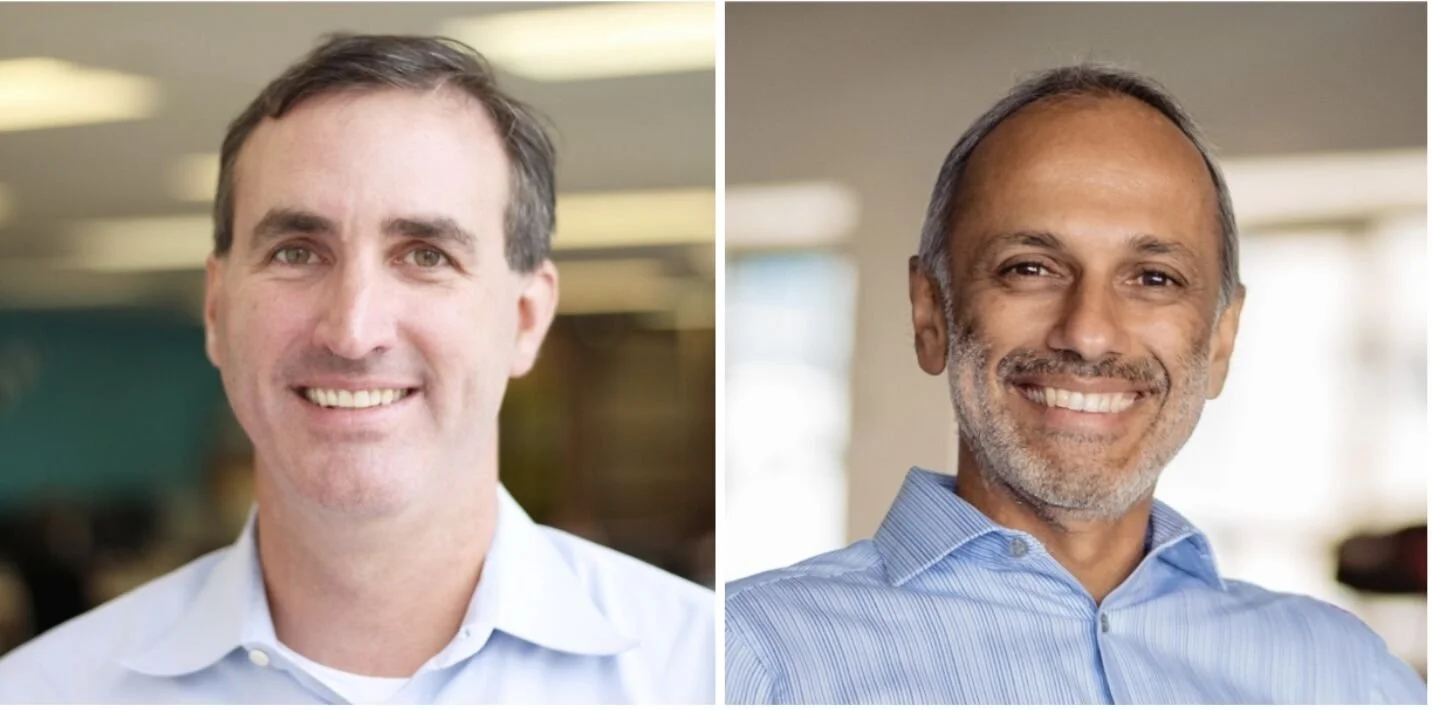MBZUAI and ADMAF examine AI’s impact on the arts at community Mailis session
Mohamed bin Zayed University of Artificial Intelligence and the Abu Dhabi Music and Arts Foundation have held the fourth Mailis session, focusing on how AI is shaping creative practice across music, film, and visual art.
Mohamed bin Zayed University of Artificial Intelligence and the Abu Dhabi Music and Arts Foundation have hosted the latest Mailis event at the MBZUAI campus in Masdar City.
Mailis sessions are used by MBZUAI to open academic and technical conversations to wider audiences, with each edition examining a different theme connected to AI. This instalment focused on The Art of Intelligence and Human Creativity, exploring how AI is influencing artistic production, cultural preservation, and creative decision-making.
MBZUAI focuses on graduate-level AI research and education, while ADMAF runs cultural programs and initiatives including the Abu Dhabi Festival. The session formed part of ADMAF’s Riwaq Al Fikr series, which brings together artists, researchers, and cultural leaders for public discussions.
The Mailis session, held under the theme The Art of Intelligence and Human Creativity, examined how AI is affecting music, film, visual art, and other creative disciplines. The organizations say the event sought to highlight the growing crossover between AI capabilities and artistic practice, as well as questions around preservation, access, and cultural identity.
Huda Alkhamis-Kanoo, Founder of ADMAF, says: “For the third consecutive year, within the framework of our strategic partnership with Mohammed bin Zayed University of Artificial Intelligence, we are working to strengthen the role of artificial intelligence in preserving our cultural heritage and enhancing its value through digitization, archiving and big data.”
Discussion focused on collaboration between AI and human creativity
The program included a panel discussion titled AI and Human Creativity, moderated by Gus Xia, Associate Professor of Machine Learning at MBZUAI. Panelists included Fatima Al Dhaheri from Image Nation Abu Dhabi and conceptual artist Mansour Al Heera. The discussion addressed AI’s capacity to support tasks such as film development, generative music, and design, with panelists outlining examples of where the technology is already in use.
According to MBZUAI, the session is part of its wider Year of Community initiative, which aims to support dialogue on AI’s societal and cultural implications. Rawdha Almeraikhi, Director of Outreach at MBZUAI, says: “The nexus of art and AI is a powerful space where new forms of expression are born. As part of our Year of Community initiative, we are fostering the vital dialogue needed to ensure AI acts as a partner, elevating human creativity across music and visual art, rather than limiting it.”
The event featured a demonstration by Xia showing how AI-generated accompaniment interacts with live piano performance. An Emirati creative showcase followed, spotlighting local artists and projects centered on culture, narrative, and innovation. Open questions from attendees closed the program, with discussion focused on AI’s potential to contribute to the UAE’s creative economy and support emerging talent.
Alkhamis-Kanoo concludes: “AI is the means and the roadmap, but the land is ours, and the culture is our story, which we narrate and preserve for future generations.”
The ETIH Innovation Awards 2026
The EdTech Innovation Hub Awards celebrate excellence in global education technology, with a particular focus on workforce development, AI integration, and innovative learning solutions across all stages of education.
Now open for entries, the ETIH Innovation Awards 2026 recognize the companies, platforms, and individuals driving transformation in the sector, from AI-driven assessment tools and personalized learning systems, to upskilling solutions and digital platforms that connect learners with real-world outcomes.
Submissions are open to organizations across the UK, the Americas, and internationally. Entries should highlight measurable impact, whether in K–12 classrooms, higher education institutions, or lifelong learning settings.

